- Striving to escape poverty with all will and determination
- Thua Thien Hue focuses resources, strives to bring A Luoi out of national poverty by the end of 2023
- Providing livelihood support to mine victims in Thua Thien Hue
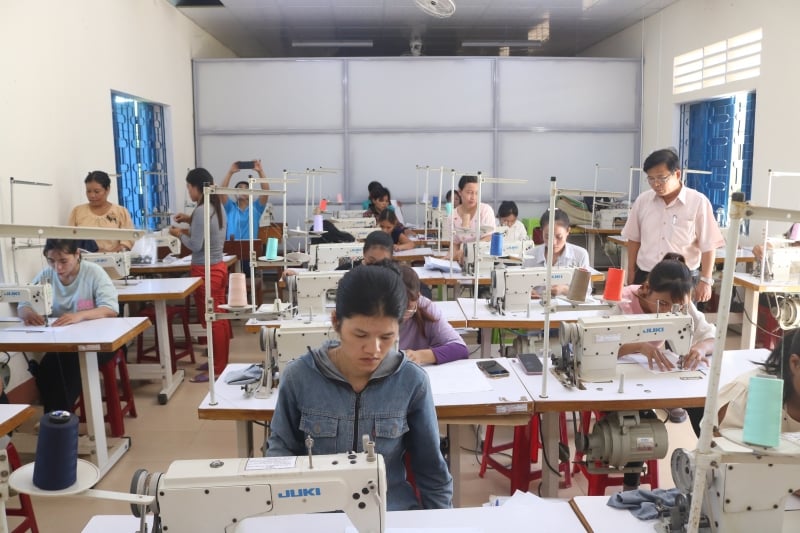
Vocational training class on traditional costume cutting and sewing techniques in A Luoi district, Thua Thien Hue province
Ms. Ka Piu Thi Vui (26 years old, residing in A Min village, A Roang commune, A Luoi district) is one of 21 students attending the elementary training course on cutting and sewing traditional ethnic minority costumes (sewing products from Zeng weaving) at the Vocational Education and Continuing Education Center of A Luoi district. Ms. Vui is a freelance worker (farming at home, weaving Zeng) from a poor household in the remote commune of A Roang. Like many ethnic minority women in A Luoi, Ms. Vui was taught the traditional Zeng weaving craft by her mother since she was a child. Currently, Zeng weaving has been recognized as a National Intangible Cultural Heritage, so products from the craft have become famous and many people are looking to buy them. From the zèng brocade fabric, Ms. Vui can make unique products, such as: traditional shirts, pants, scarves, ties, etc. In June 2023, when the elementary vocational training class on traditional costume cutting and sewing techniques opened, Ms. Vui was selected to participate. The goal of the training course is to help students gain the skills to design and develop diversified zèng weaving products, thereby creating jobs and stable income, aiming to escape poverty sustainably.
Also a freelance worker and ethnic minority, Ms. Ho Thi Tuong (33 years old, residing in A Ngo commune) is taking a food processing training course at the Vocational Education and Training Center of A Luoi district. Ms. Tuong said that currently, in addition to farming and forestry work, she also regularly works as a waitress at weddings in the area. To improve her skills, find a stable job, and improve her income, she registered to take a basic food processing course and was approved. It is known that this class has 35 students from poor and near-poor households and ethnic minorities. "I joined the food processing course with the hope of having a real job so that I can have a job and a good income. Besides, it is to serve my family and village during holidays and Tet," Ms. Tuong shared.
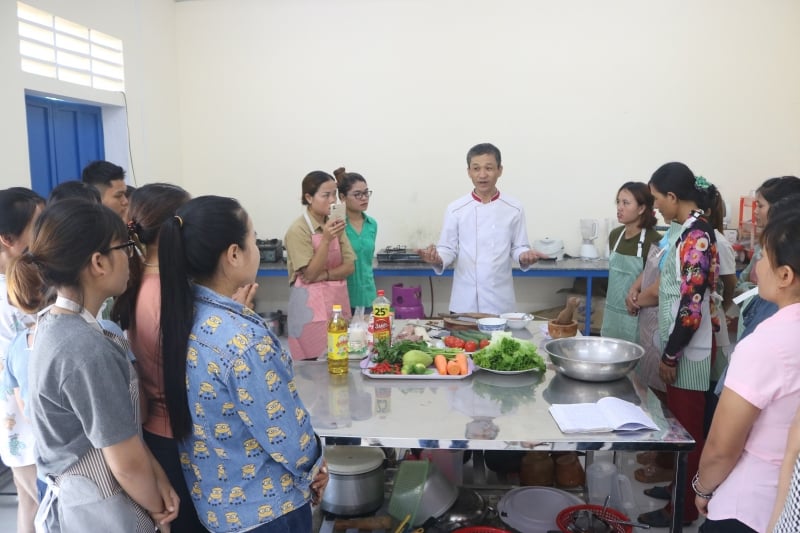
Vocational training in food processing and food safety for workers in A Luoi
According to the People's Committee of A Luoi district, determining vocational training and job creation for workers as an important task in implementing the sustainable poverty reduction policy, in the first 6 months of 2023, the whole district organized 7 vocational training classes for more than 210 students; coordinated with businesses to open e-commerce vocational classes for 29 students. The training courses are all linked to the actual abilities of workers, local recruitment needs as well as the current labor market. In the first 6 months of 2023, A Luoi has created new jobs for 778 workers; organized 6 conferences to promote sending workers to work abroad under labor contracts, with over 1,000 workers participating; provided career counseling and vocational training registration after graduating from high school for students of high schools in the area. Up to now, 33 workers have gone abroad to work; 20 waiting to leave the country and 50 people are learning related skills.
In the period of 2022 - 2025, A Luoi aims to reduce multidimensional poverty, inclusively and sustainably; limit re-poverty and the emergence of new poor households; support vocational training, job referrals and access to social services in health, education , housing, domestic water, sanitation, information and climate change adaptation. A Luoi strives to escape from the 74 national poor districts by the end of 2023, by the end of 2025 the poverty rate of the whole district will drop below 12.01%; 100% of people with working capacity who want to learn a trade will be supported with vocational training, coaching and career orientation, and given priority in consulting and job referrals; minimizing the situation of re-poverty and the emergence of new poverty.
Source link


![[Photo] Prime Minister Pham Minh Chinh meets with South African President Matamela Cyril Ramaphosa](https://vphoto.vietnam.vn/thumb/1200x675/vietnam/resource/IMAGE/2025/10/23/1761226081024_dsc-9845-jpg.webp)
![[Photo] Prime Minister Pham Minh Chinh chairs meeting on railway projects](https://vphoto.vietnam.vn/thumb/1200x675/vietnam/resource/IMAGE/2025/10/23/1761206277171_dsc-9703-jpg.webp)



![[Photo] President Luong Cuong holds talks with South African President Matamela Cyril Ramaphosa](https://vphoto.vietnam.vn/thumb/1200x675/vietnam/resource/IMAGE/2025/10/23/1761221878741_ndo_br_1-8416-jpg.webp)


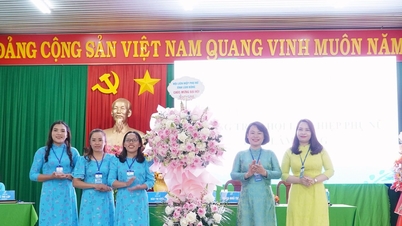












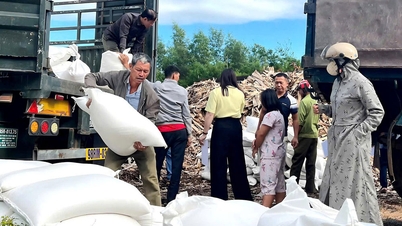

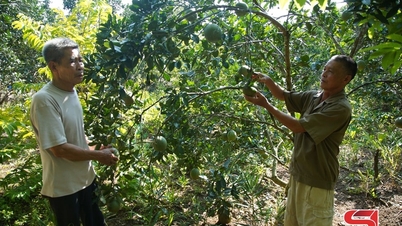











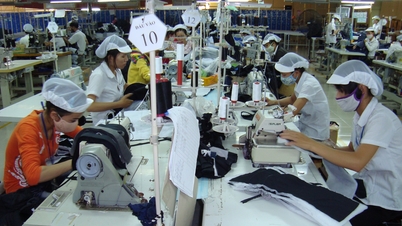

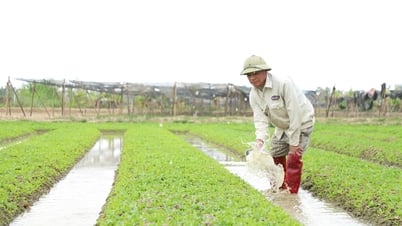


















































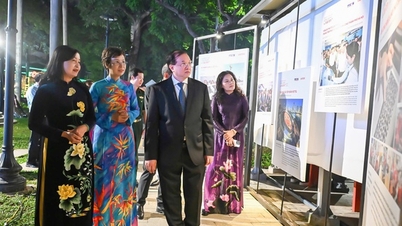





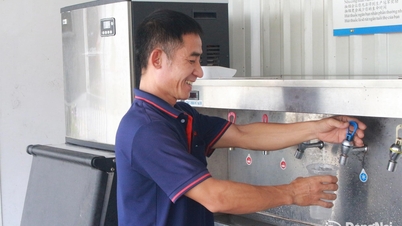



















Comment (0)